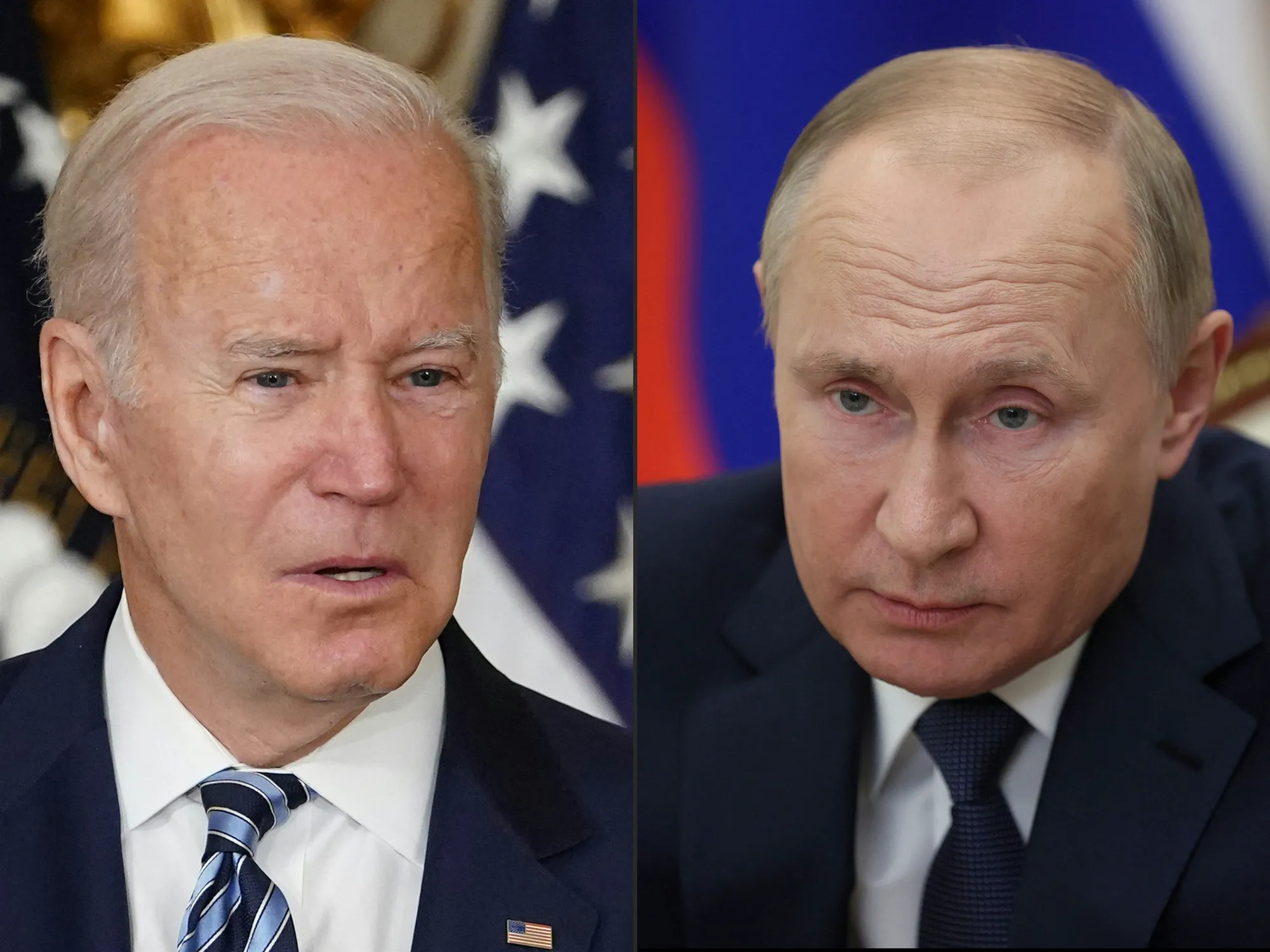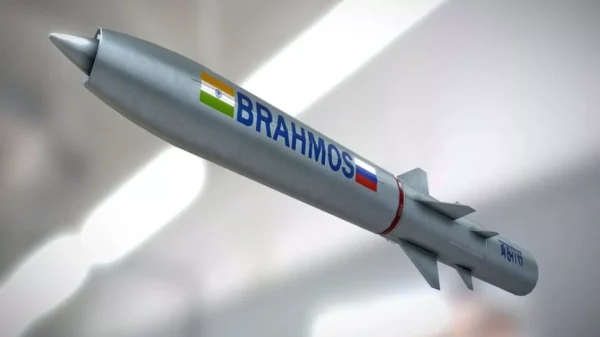Russia has pledged a “tangible” response if Ukraine deploys US-provided long-range missiles against Russian territory, intensifying hostilities as the war reaches its 1,000th day.
On Monday, Russia’s Foreign Ministry stated that such attacks would constitute “direct involvement” by the US and its allies in the conflict. This follows President Joe Biden’s approval of ATACMS missile transfers to Ukraine, a significant policy shift that lifts prior restrictions on their use within Russian borders. The missiles, with a range of 300 kilometers, augment Ukraine’s arsenal, which includes similar systems from France and the UK.
Global Reactions and Military Developments
Biden’s decision has drawn mixed international reactions. French President Emmanuel Macron welcomed the move as “positive,” while the Kremlin accused the US of “provoking escalation.” Kremlin spokesperson Dmitry Peskov warned of severe consequences for Washington’s involvement.
In a parallel development, reports suggest over 10,000 North Korean soldiers have arrived in Russia’s Kursk region, with speculation that Pyongyang could deploy up to 100,000 troops to support Moscow.
Ukrainian President Volodymyr Zelensky has offered little detail about the missile deal, cryptically stating, “The missiles will speak for themselves.” Analysts speculate that Ukraine could use these weapons in the contested Kursk region, where Ukrainian forces currently hold a small foothold.
Meanwhile, Russian attacks on Ukraine’s energy infrastructure have left large areas without power and caused multiple casualties. A recent strike on Odesa killed 10 people and injured 50, further exacerbating the humanitarian crisis.
The military situation remains deadlocked, with neither side achieving significant breakthroughs. Experts believe the introduction of long-range missiles could alter the dynamics, though they warn of heightened risks of escalation.
US Policy and Political Implications
The decision to supply ATACMS missiles comes as President Biden approaches the end of his term. President-elect Donald Trump, who recently won the November 5 election, has pledged to resolve the war within 24 hours of taking office. However, his proposed strategy remains vague, and critics question whether his approach would lead to lasting peace.
China’s President Xi Jinping has urged global leaders to prioritize diplomacy, advocating for restraint to avoid further conflict. While Beijing remains a key ally for Moscow amid sanctions, its arms supplies to Russia have sparked controversy.
The US decision underscores the deepening geopolitical divide over Ukraine. As the conflict evolves, Ukraine braces for what could be a turning point in a war that has profoundly altered the global landscape.










